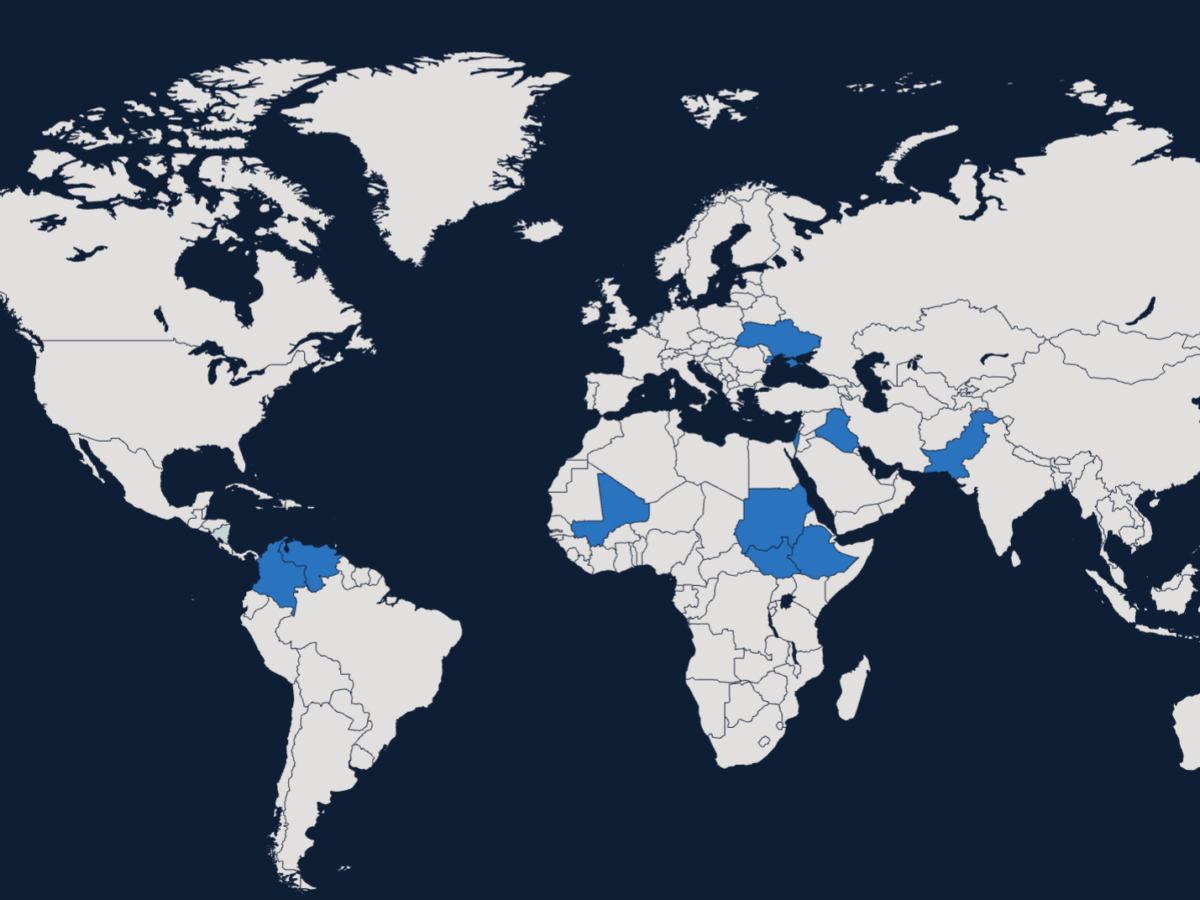The Hidden War

Millions of women suffer intimate partner violence (IPV) each year in countries experiencing or emerging from war. While the international community has increasingly recognized the urgency of combating conflict-related sexual violence, much less attention has been accorded to preventing IPV and addressing its repercussions in conflict-affected settings.
Addressing the full spectrum of violence in conflict entails preventing IPV and supporting IPV survivors. Recent evidence suggests that IPV prevalence can increase in some conflict settings due to the breakdown of traditional social and governance institutions, the prevalence of post-traumatic stress and harmful gender norms, and economic dislocation, among other factors.
This report looks at what is known about IPV in conflict settings and focuses on one strategy to improve the situation of survivors: increasing their access to justice. The case of Liberia, a country that has contended with the legacy of conflict and attempted to use legal reforms to combat high rates of IPV, is investigated in depth.
Three main findings emerge:
(1) IPV is the most common form of violence that women experience – even in war. Millions of women experience IPV in conflict-affected settings each year. For example, in Afghanistan, 46 percent of women between the ages of 15 and 49 – nearly 3.5 million women – experienced some form of IPV in 2015 (the most recent year data is available). Even in places where organized violence is rampant, no place is less safe for many women than their own homes.
(2) Access to justice is limited for IPV survivors in conflict-affected settings. A major challenge faced by IPV survivors is obtaining meaningful legal remedies. This is especially acute in many fragile or conflict-affected states, which do not have laws criminalizing IPV and, where laws exist, implementation is inadequate. Customary and informal systems of justice, which in some cases exacerbate or fail to sanction harmful practices, predominate in these settings.
(3) Legal reforms and innovative justice tools can improve the situation of IPV survivors. Although the law should only be one part of any effort to combat IPV, strategies to increase access to justice can meaningfully benefit survivors.
A set of strategies for national governments and international actors to improve access to justice for IPV survivors in conflict settings is laid out. Broadly, three key recommendations are given:
◆ Engage the customary system. Governments should seek to ensure the participation of women in customary dispute resolution bodies, such as village councils. They should also support legal empowerment initiatives, including community paralegal programs, which bridge formal and customary systems, as well as education and awareness raising programs that aim to transform harmful gender norms.
◆ Enact formal legislation. A critical step for many fragile and conflict states is the enactment of legislation addressing both civil and criminal measures on IPV. Domestic violence laws send a powerful signal about what behavior is unacceptable and can help to transform norms around violence.
◆ Improve implementation. Implementation is key. Enacting legislation alone will not improve the situation of IPV survivors. To improve implementation, governments should consider initiatives such as the establishment of specialized courts for sexual violence, mobile courts, and gender-based violence prosecution units. They should also fund and support shelters for survivors and one-stop centers offering comprehensive medical, psychological, social, and legal services.
Finally, the international community has a pivotal role to play in support- ing the efforts of national governments. They can, for example, fund and provide technical assistance to legal empowerment initiatives, such as community paralegal programs, and help build forensic science and evidence gathering capacity in conflict states. Governments should consider the establishment of an international treaty addressing violence against women, including IPV. More broadly, foreign aid directed at conflict-related sexual violence should appropriately prioritize IPV.
Explore More

Voices from the Margins

Conflicts and Trends to Watch in 2026
